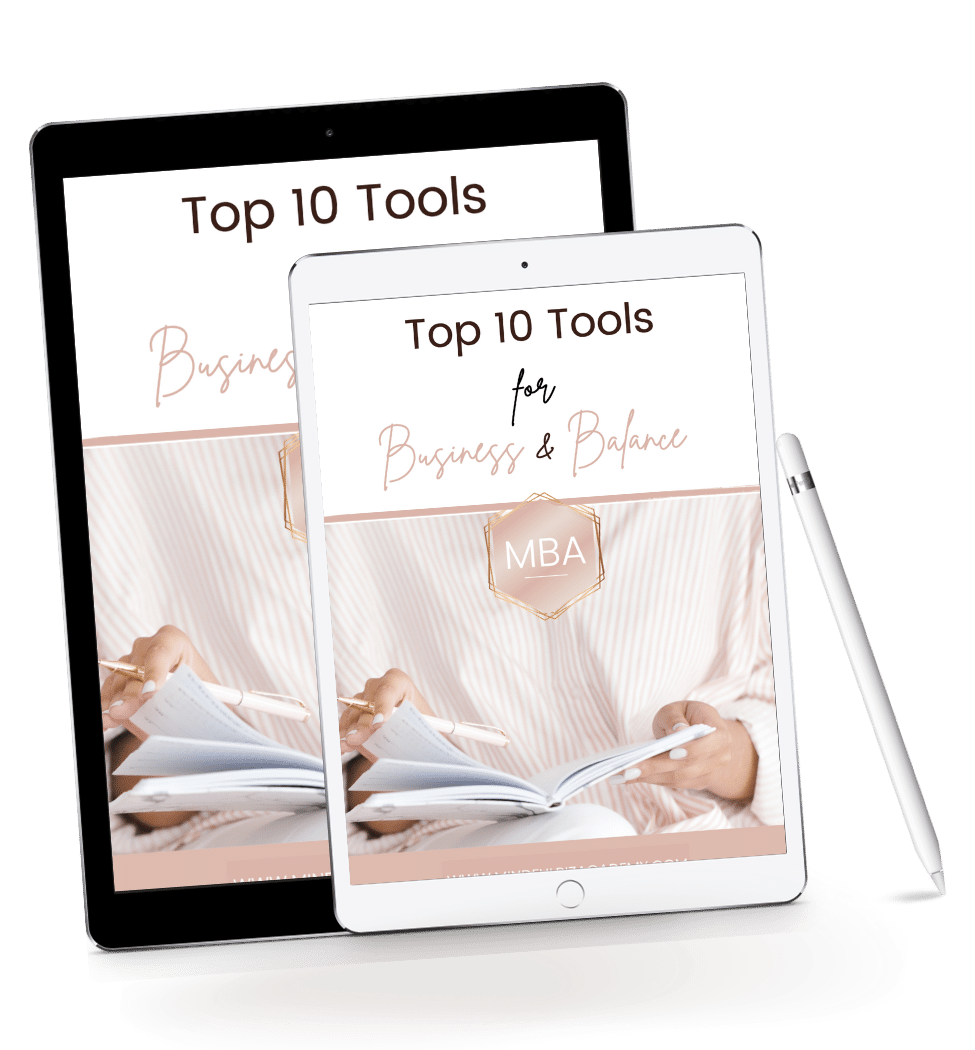The Power Of Your Breath
Why is our breath important?
Our breath may be something we take completely for granted, however it can also be one of our most powerful tools when it comes to our wellbeing.
Over the past few years we have seen a huge growth in awareness of this and many different breathwork practices have been promoted to help us restore balance and wellbeing during these incredibly stressful times.
Being able to tune into and mindfully become aware of your breath can help you reach a deeper, calmer state of mind. Many people find breathwork promotes deep relaxation or leaves them feeling energized.
Evidence has shown that in addition to reversing the physical stress response in your body, breathing deeply can also help calm and slow down the emotional turbulence in your mind. In fact some studies show breathwork can help treat depression, anxiety, and PTSD. People have practiced breathwork to:
- aid positive self-development
- boost immunity
- process emotions, heal emotional pain and trauma
- develop life skills
- develop or increase self-awareness
- enrich creativity
- improve personal and professional relationships
- increase confidence, self-image, and self-esteem
- increase joy and happiness
- overcome addictions
- reduce stress and anxiety levels
- release negative thoughts
Breathwork is used to help to improve a wide range of issues including:
- anger issues
- anxiety
- chronic pain
- depression
- emotional effects of illness
- grief
- trauma and post-traumatic stress disorder (PTSD)
How do I gain the benefits of this deeper breathing?
There are a number of different types of breathwork practices as featured in our blog Mindful Breathing (link to blog here) Below, I’ve outlined some simple steps that you can do to
Breathwork is a wonderful, free, completely natural, at-your-fingertips way to enhance your wellbeing! Using various techniques that incorporate intentional use of the breath where you learn to regulate the flow of breath into and from your body. It is a wonderfully simple way to balance the body and mind.
Unless you’ve lived under a rock, you’ll have noticed the many articles, podcasts and media posts in recent times about the incredible power of our breath and how we breathe! Who knew that something we all take for granted, could have so many health benefits when done in a mindful, intentional way.
Another passing trend you may think! However, with the incredible benefits of this age old practice being felt by almost everyone who tries it … this will hopefully be a practice that is here to stay.
To explain what breathwork is, I’m going to ask you to stop what you’re doing right now. Close your eyes (if it’s safe to do so!). Bring your attention to your breath and take a long slow inhale, gently filling up your lungs as much as you can comfortably … then slowly exhale and feel your body relax as it releases tension with your breath.
You will probably feel better already!! Now imagine doing this for 5 – 10 minutes. Just slowly focusing on your breath and your body. Inhaling and exhaling mindfully.
What is Breathwork?
Breathwork refers to any type of breathing exercises or techniques people use when breathing. Often performed to calm the body and mind or improve mental, physical, and spiritual well-being, it involved intentionally changing your breathing pattern in a mindful way.
The practice and power of breathing has long been used in many cultures around the world. Practices range from simple deep breathing to more advanced methods. From China, India and Tibet to Japan and South East Asia, breathwork has been used as a way of healing and maintaining good health. In fact, evidence of breathwork dates back to 2700 B.C.E. in China and 3000 B.C.E. in India. The practices have since been refined for modern use and supported by evidence-based results.
Follow these steps below to achieve this-
Step 1. Inhale through your nose taking a long deep breath for 4-5 seconds.
Step 2. Let the air go all the way from your lungs moving downwards into to your stomach so that your stomach expands. Fill your lower stomach with lots of oxygen.
Step 3. Hold the air in your stomach, then let it go back up to your lungs.
Step 4. Then, blow it out for 7 seconds through your mouth.
Step 5. Repeat this process until you find yourself enter a deeply relaxed state. In this state, you will be highly receptive to any messages you hear, so listening to a recording of any positive affirmations you need to hear right now will be super powerful
If you would like to learn more about the different types of breathwork, then check out our blog article on Mindful Breathing (Alecs to link this to Mindful Breathing Blog)
Are there any negatives?
As with most practices, while there are many benefits to breathwork therapy there are certain risks you should be aware. Always talk to your doctor before beginning any breathwork therapy, especially if you have a medical condition or if you are pregnant or breastfeeding.
It’s recommended that you do not practice breathwork if you have any of the following:
- breathing issues
- cardiovascular issues
- recent physical injuries or surgeries
- severe psychiatric symptoms
- vision issues
- high blood pressure
- history of aneurysms
- osteoporosis
Practicing through a guided recording, program, or reputable organization can help you pace yourself and get the most out of your breathwork.

Download your
FREE eBook
Discover the Top 10 Tools I use every day in my business, and how you can use them in yours!

